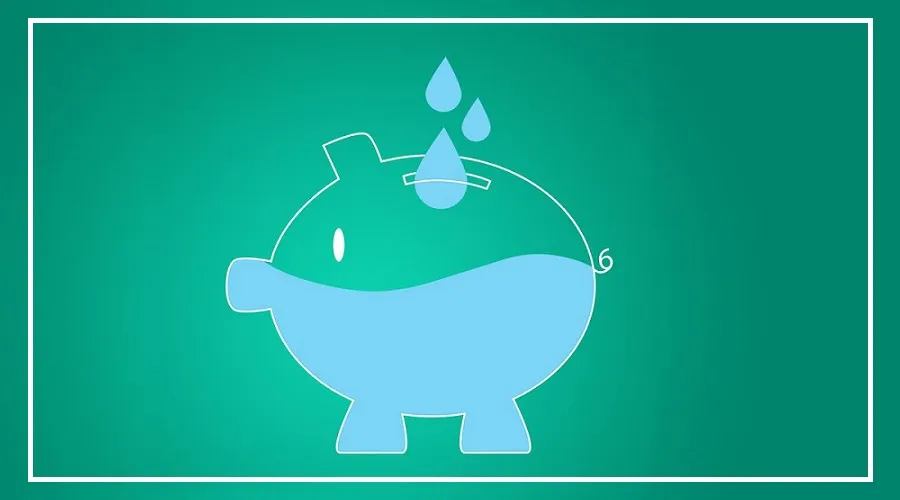Starting January 1, 2025, the Reserve Bank of India (RBI) has implemented new rules for Fixed Deposits (FDs).
These regulations apply to non-banking financial companies (NBFCs) and nano finance companies, aiming to make the FD process more secure and convenient for depositors, especially for premature withdrawals.
Contents
Key Features of the New FD Rules
Easier Premature Withdrawals
The process for withdrawing small FDs prematurely has been simplified. Depositors can now access their money more easily in emergencies, such as serious illnesses.
Additionally, RBI ensures that depositors receive timely updates about their FDs.
Small Deposits Withdrawal Rules
For deposits of a minimum of ₹10,000, premature withdrawal within three months is now possible without earning interest. This is especially helpful for individuals needing temporary financial relief or documentation.
Example: If you deposit ₹8,000 on February 1, you can withdraw it by April 30 without paying a penalty or earning interest.
Rules for Large Deposits
For deposits over ₹10,000, partial withdrawals are now allowed within three months. Depositors can withdraw either 50% of the principal amount or ₹5 lakh, whichever is lower.
Example: If you deposit ₹12 lakh, you can withdraw up to ₹5 lakh within three months. The remaining ₹7 lakh will continue to earn interest at the basic rate.
Changes in Notification Timelines
RBI has reduced the notification period for FDs held with NBFCs and housing finance companies (HFCs).
Previously, depositors were informed two months in advance. Now, this notice will be sent at least 14 days before maturity, enabling better financial planning.
Impact of the New Rules
The updated FD rules will bring several changes:
Emergency Financial Aid: Depositors can quickly access funds during critical illnesses or emergencies.
Timely Information: Regular updates will allow depositors to renew or withdraw FDs promptly.
Support for Small Traders: Small business owners will face reduced financial risks.
Portfolio Flexibility: Easier withdrawal options offer more financial freedom.
Benefits of the New FD Rules
The revised rules provide several advantages, including:
1) Quick access to funds in emergencies.
2) No penalties on premature withdrawals for small deposits.
3) Financial security during critical illnesses.
4) Improved financial decision-making with timely updates.
Disadvantages to Consider
However, there are some downsides to the new rules:
1) No interest for early withdrawals.
2) Encouragement of short-term investments over long-term financial planning.
3) Banks may need to maintain higher liquidity, affecting overall operations.
Points to Remember
To make the most of these new rules, keep the following tips in mind:
1) Contact your bank or NBFC for detailed information about the new FD guidelines.
2) Prepare documents in advance for medical emergencies.
3) Monitor the tenure of your FD to align with financial goals.
4) Explore other investment options alongside FDs for better financial stability.
These changes are designed to make FDs more accessible and adaptable while encouraging depositors to manage their finances effectively.

